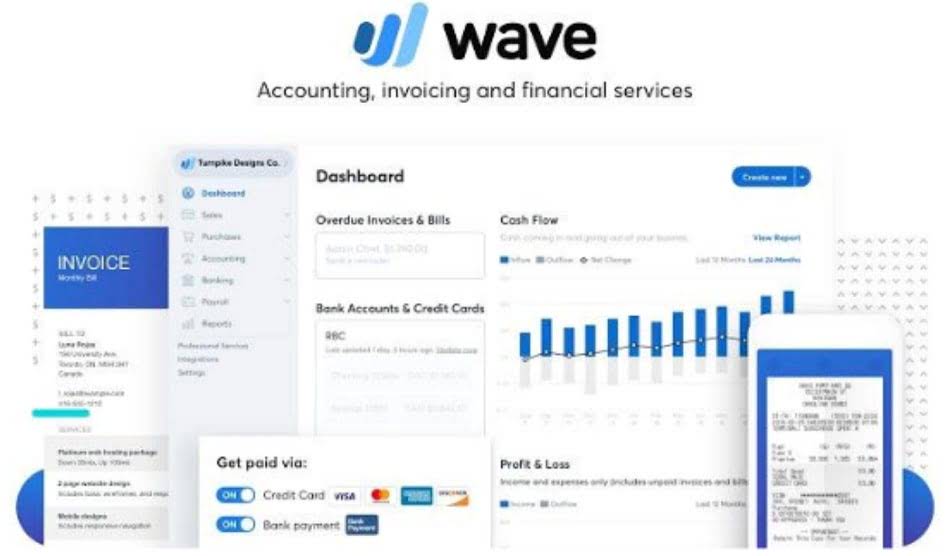
Imagine it as the towering financial waves that companies must navigate skillfully. This complex endeavor carries potential risks, including the proper calculation and payment of employer payroll accrued payroll taxes, which encompass employer paid payroll taxes. Yes, accrued payroll is considered a current liability as it represents money owed to employees for work done but not yet paid by the company.
All that’s to say your time-off accrual might look different than my payroll accrual examples. Only businesses that follow the accrual method of accounting need to accrue payroll on their books. Under the cash method of accounting, you record transactions when cash enters or leaves your business. The more precise accrual accounting method has you record transactions when you earn revenue and incur expenses, not necessarily when cash flows. The accruing payroll methodology tells you to record compensation in the accounting period — a month or year — it’s earned, even when it’s not paid until the next period.
Payroll and Tax in Brazil: An Overview for Global Employers
Payroll accrual can help prevent overdraft since the business knows exactly what they owe in payroll for that particular month. Similarly, cash bonuses earned in one period and paid in the next warrant a payroll accrual. Many businesses tell employees how much they earned in annual bonuses in December but don’t pay until January. If that’s the case for your business, you need to record the bonus payments in December because that’s the year in which your employees earned bonuses.
- Some business entities might offer their employees 0.5 days off time per month, or others might allow three days off at each quarter-end.
- Switching to accrual accounting significantly impacts financial statements.
- When a company is engaged in a fast close, the payroll clerk may not want to spend the time to compile hours worked information at the end of an accounting period for the accrual calculation.
- Our experts love this top pick, which features a 0% intro APR for 15 months, an insane cash back rate of up to 5%, and all somehow for no annual fee.
- If you’re using the wrong credit or debit card, it could be costing you serious money.
If the accounting period ends in the middle of a pay period, prorate the gross pay based on the number of days worked. In this sense, payroll accrual describes your business’s payroll liabilities, i.e. how much you owe in payroll. Accrued payroll includes all types of compensation that a business has not yet paid out to its employees.
How to Accrue Payroll for Your Small Business
So, let’s set sail on this voyage to comprehend what is accrued payroll, an integral component of accurate bookkeeping and financial management. Accrued payroll is a collective account that records all the wages, salaries, bonuses, etc., to show the amount earned by employees but yet to be paid by the employer. Some business entities might offer their employees 0.5 days off time per month, or others might allow three days off at each quarter-end. The salaries and wages represent the compensation before the tax deductions and retirement contributions. The salaries and wages also include the fringe benefits and perquisites value provided to the accrued payroll.
The payroll accrual would then be the sum of the hourly wages, commissions, bonuses and other compensation elements, plus the payroll taxes the business needs to pay. This amount may differ from the number of days between the effective date and the stop date of the employee’s contract. Or Days at new rateThe number of days the employee will be paid for the upcoming contract year. Performing a payroll accrual requires adjusting your employees’ gross wages along with any related withholdings.
Discover How to Calculate Payroll Accrual + Journal Entries
Thus, if you change the employee status instead of deleting it on QuickBooks, the profile and pay records remain in your accounting database without any data loss in your tax payments. If your business grants paid time off (PTO) to workers, This should also be taken into account in accruing payroll. https://www.bookstime.com/ This is because your company still owes the employee the value of their PTO even if they don’t take time off in that specific month. This is especially true at jobs where workers accumulate PTO every month. For instance, a company hires an employee who provides
services to the company’s clients.
